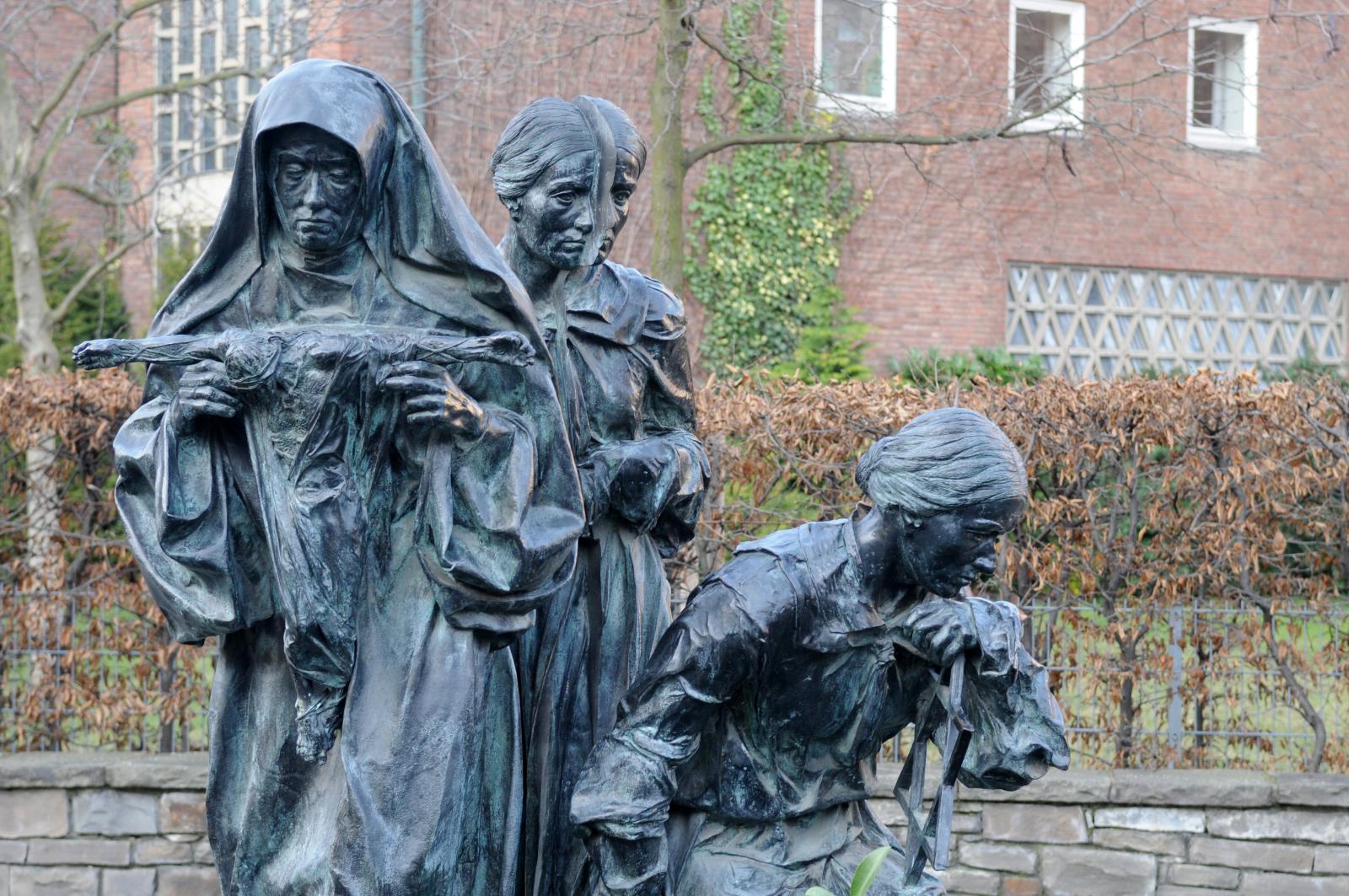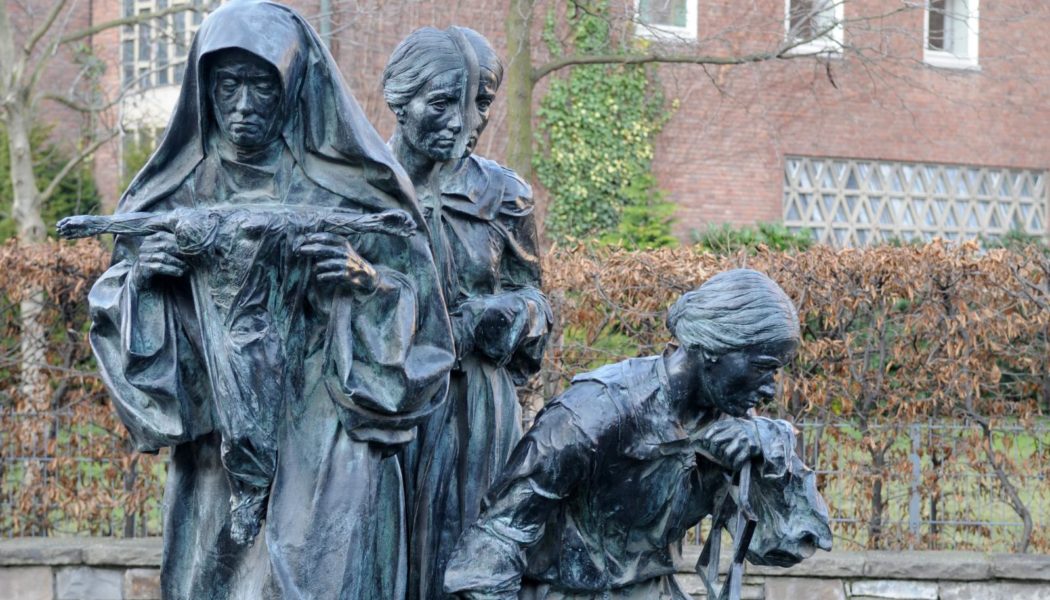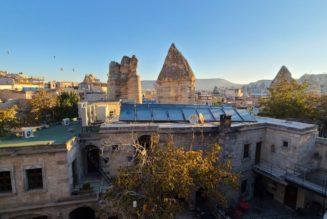
Written by Fr Hugh Mackenzie, Chaplain at Westminster Cathedral
“Whoever seeks the truth is seeking God, whether consciously or unconsciously”
Saint Teresa Benedicta of the Cross
One night in 1921, the 28-year-old Edith Stein stayed up all night reading a book that she had recently discovered. This book was the autobiography of Saint Teresa of Avila, a renowned Carmelite saint. Edith was profoundly moved by Teresa’s mystical description of the soul’s connection with the absolute God. The next morning, she declared, “This is the truth,” and was baptized the following year. Soon after, she joined the Carmelite order, taking the name Teresa Benedicta of the Cross.
In making her a patron of Europe in 1999 Pope John Paul II highlighted how her philosophical background in phenomenology, a 20th-century school of thought focused on the conscious human experience, had prepared her for “coming face to face … with the testimony of Christian spiritual experience given by Teresa of Avila”. Phenomenology insists on beginning philosophy by considering the meaningful and moral impact of the present-moment world upon the conscious human subject, which aligned with what Stein read in St. Teresa’s reflections on the soul’s journey to God.
In 1916, Stein became the personal assistant to Edmund Husserl, the founder of phenomenology. While Husserl’s work focused on the individual’s interaction with their environment, Edith’s own studies, beginning with her 1917 PhD thesis on “Empathy,” emphasized the importance of relationships between people.
Both she and Pope John Paul II were influenced by the phenomenologist Max Scheler, who wrote about how the objective realm offers possibilities for actively building community. Scheler stressed moral values in human experience, while Edith focused on empathy and emotions towards others in that experience, leading to intentional actions.
This insight made her particularly excited to discover the works of Saint Thomas Aquinas, who emphasized the concept of “being” as something that transcends yet engages the human seeker. Much of Edith’s later work aimed to synthesize the ideas of Husserl and Aquinas.
Pope John Paul II, in his 1999 Motu Proprio, explained how Edith’s philosophical training led her to be,
“sensitive to an objective reality which, far from ultimately dissolving in the subject, … must be heeded and grasped above all in the human being, by virtue of that capacity for “empathy” – a word dear to her – which enables one in some way to appropriate the lived experience of the other.”
In a European culture that increasingly prioritizes individual experience and rights, Edith Stein’s recognition of Husserl as “the philosopher of today” was prophetic. Even more appropriate was Pope John Paul II’s decision to make her a patron saint of such a continent.
Her overnight discovery of the truth about the human person in 1922, informed by her phenomenological studies, led her to become a devoted Catholic, Carmelite nun, and ultimately a martyr, murdered in Auschwitz on August 9, 1942, for being both Jewish and Catholic after the Dutch Bishops condemned the Nazis.
May her witness, which affirms that the human soul is destined for a mystical union with God, help counter the individualism of our time.








